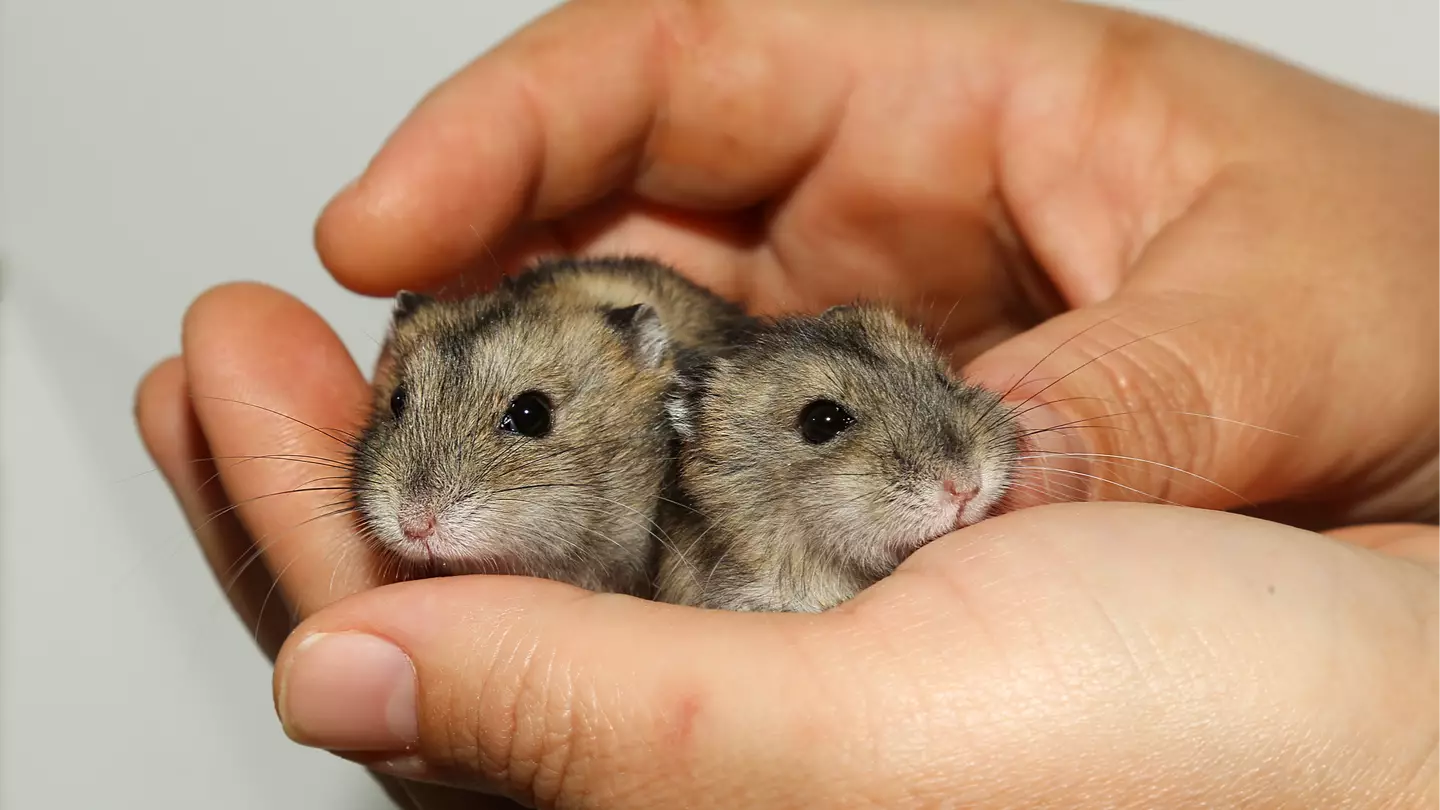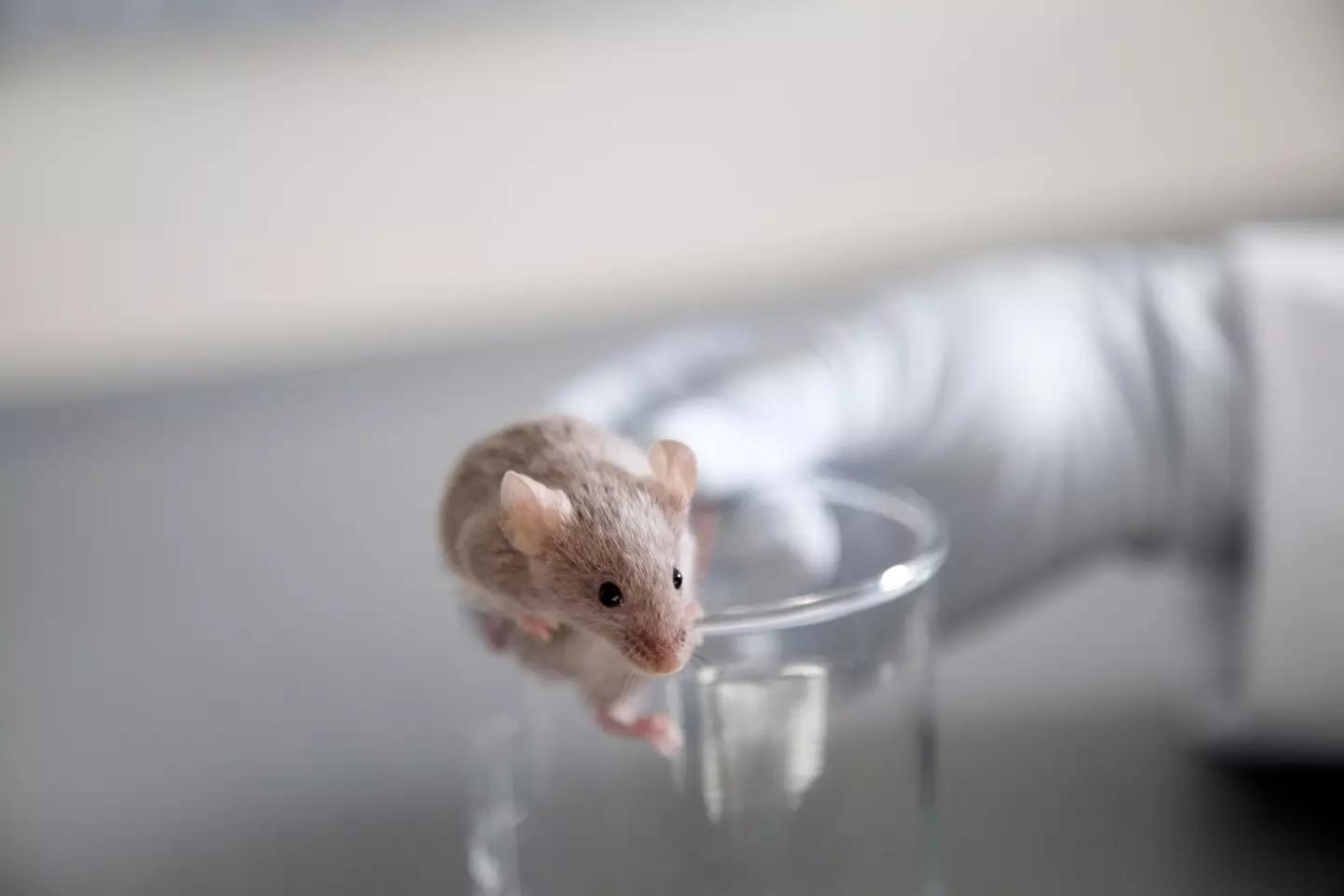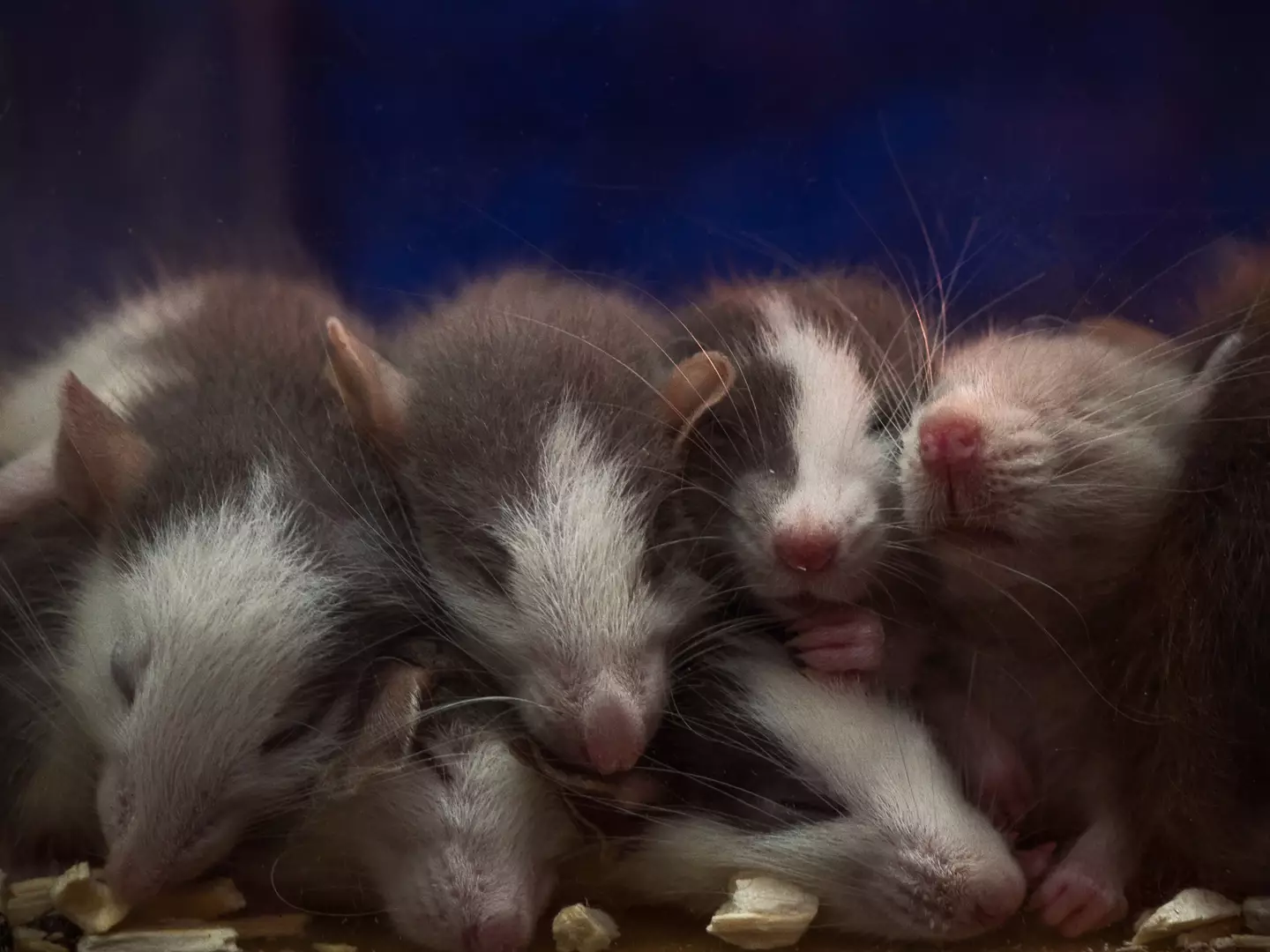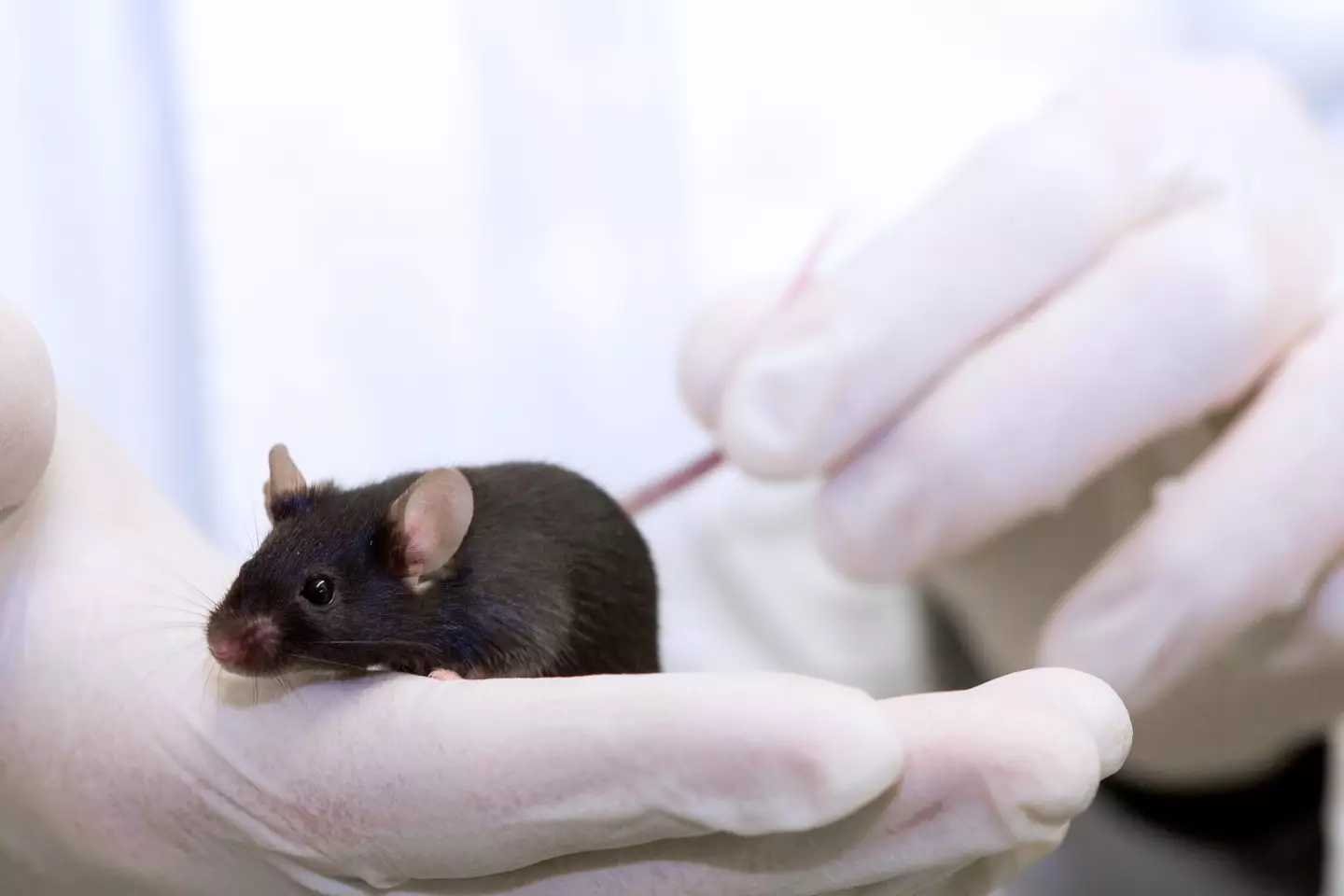
A groundbreaking scientific study has seen mice that were created from two biological fathers go on to have their own healthy offspring, raising questions over when a similar method could be used on humans.
The fertility breakthrough was first reported two years ago in 2023, when scientists at Kyushu University in Japan were able to generate eggs from the skin cells of male mice.
Stem cells were created from eight-week-old male mice, and the genetic codes of these cells were manipulated in order to create a mature egg.
Following successful cultivation, the eggs were fertilised and implanted into a surrogate female mouse, which eventually resulted in the birth of seven mouse pups.
Advert
Katsuhiko Hayashi, who led the research and is internationally renowned as a pioneer in the field of lab-grown eggs and sperm, said that this was 'the first case of making robust mammal oocytes from male cells', per The Guardian.

In March of 2023, Hayashi presented the findings at the Third International Summit on Human Genome Editing at the Francis Crick Institute in London, and expressed his hopes for potential successful replications with human cells within a decade.
"I don’t know whether they’ll be available for reproduction,” he said, Pink News reports. "Purely in terms of technology, it will be possible [in humans]… in 10 years."
Now, it has been revealed that through the work of a team at China’s Shanghai Jiao Tong University - who also created mice from biological fathers - healthy, fertile mice have been born.
The research, published on 23 June in the scientific journal PNAS, revealed that two pups of the 259 embryos that were created from the two sperm cells survived and grew into adulthood.
The bi-paternal mice, both male, then mated with female mice and fathered the healthy pups of their own.

The scientists said: "In this study, we report the generation of fertile androgenetic mice. Our findings, together with previous achievements of uni-parental reproduction in mammals, support previous speculation that genomic imprinting is the fundamental barrier to the full-term development of uni-parental mammalian embryos."
Could Hayashi's mice method actually be used on humans?
Even though this scientific breakthrough means there could potentially be a new method of biological conception for same-sex couples, some experts expressed concern over it being achievable in the time frame that Hayashi cited back in 2023.
Professor George Daley, a Harvard Medical School dean, cited research that proves creating lab-grown gametes - the two types of male and female cells that join to make a new creature - from human cells would be more complicated than with mice.

He told The Guardian: "We still don’t understand enough of the unique biology of human gametogenesis to reproduce Hayashi’s provocative work in mice."
And Professor Amander Clark, of the University of California Los Angeles, said that translating the work into human cells would be a 'huge leap' because scientists are yet to create lab-grown human eggs from female cells.
"We’re poised at this bottleneck at the moment," she said. "The next steps are an engineering challenge. But getting through that could be 10 years or 20 years."
'Grotesque': PETA speaks out on Hayashi's mice experiment
Not only do experts have their doubts in regards to human trials, but animal rights organisation People for the Ethical Treatment of Animals (PETA) has slammed the research as 'grotesque'.
Jeffrey Brown, PETA’s science advisor, told Pink News: "This isn’t ground-breaking, it’s grotesque. Real progress lies in cutting-edge, human-relevant, non-animal methods."